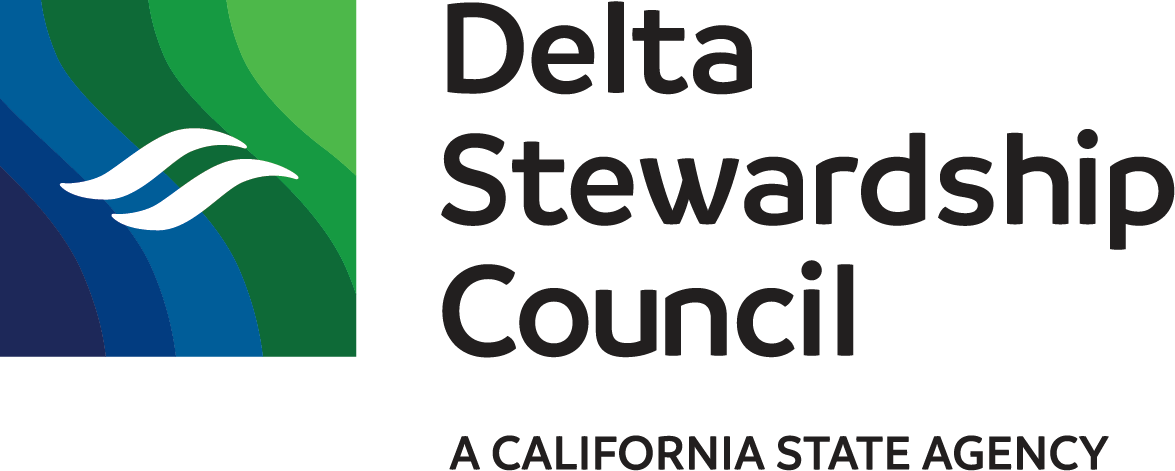Delta Social Science Task Force
Coordinated by the Delta Science Program and the UC Davis Coastal and Marine Sciences Institute (CMSI), the Delta Social Science Task Force is charged with developing a strategic plan to strengthen and integrate social sciences into the science, management, and policy landscape of the Sacramento-San Joaquin Delta. The need for this integration was called for in the 2016 Delta Science Enterprise Workshop in addition to the 2017 Delta Independent Science Board’s Review of Research on the Delta as an Evolving Place.
Composed of individuals with a diverse set of expertise in the social sciences, the Task Force’s key goal will be to develop a set of recommendations to be acted upon by the Delta science community. This effort will help fulfill actions supported in the Delta Science Plan and Science Action Agenda, furthering the vision of One Delta, One Science.
Final Strategy | April 2020
In April 2020, the Task Force released its final strategy and executive summary for better supporting and integration social sciences in the Delta. Comments received on the draft report were included in the document as the Task Force saw fit.
Draft Strategy | January 2020
In December 2019, the Task Force released its draft recommendations for better supporting and integration social sciences in the Delta. Comments on the draft report were accepted through January 31, 2020.
Kickoff Meeting | January 29, 2019
The purpose of the January 2019 kickoff meeting was for the Delta science community to meet and engage in discussion with the Task Force members. Please see the meeting summary for additional information. A video recording of the meeting is available online.
Human Dimension Research in Delta Environments Workshop | July 23, 2019
The workshop highlighted how social science research can address Delta management needs and explored the integration of social and natural sciences in other systems. Please see the workshop summary and visit the CMSI event web page for presenter bios, video recordings, and additional information.
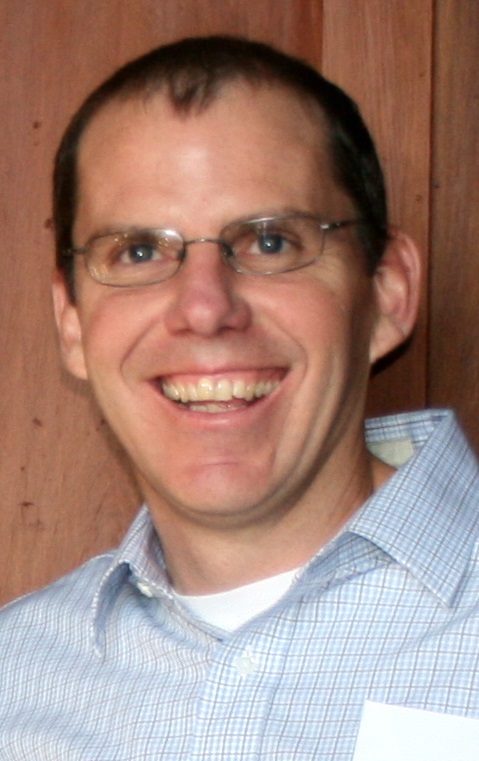
Jim Sanchirico, Ph.D. (Chair)
Dr. James N. Sanchirico is Professor in the Department of Environmental Science and Policy, and Associate Director of the Coastal and Marine Science Institute at UC Davis. His main research interests are the economic analysis of policy design, implementation, and evaluation for marine and terrestrial species conservation, and the development of economic-ecological models for forecasting the effects of resource management policies. In 2012, he was the 38th recipient of the Rosenstiel Award for Oceanographic Sciences, which honors scientists who, in the past decade, have made significant and growing impacts in their field. He served on the Lenfest fishery ecosystem task force, a National Research Council (NRC) committee evaluating the effectiveness of the fish stock rebuilding, six years on NOAA's Science Advisory Board, and an NRC committee to review the U.S. Ocean Acidification Research Plan. In 2014, he received the Distinguished Scholarly Public Service Award for outstanding public service contributions from the UC Davis Academic Senate.
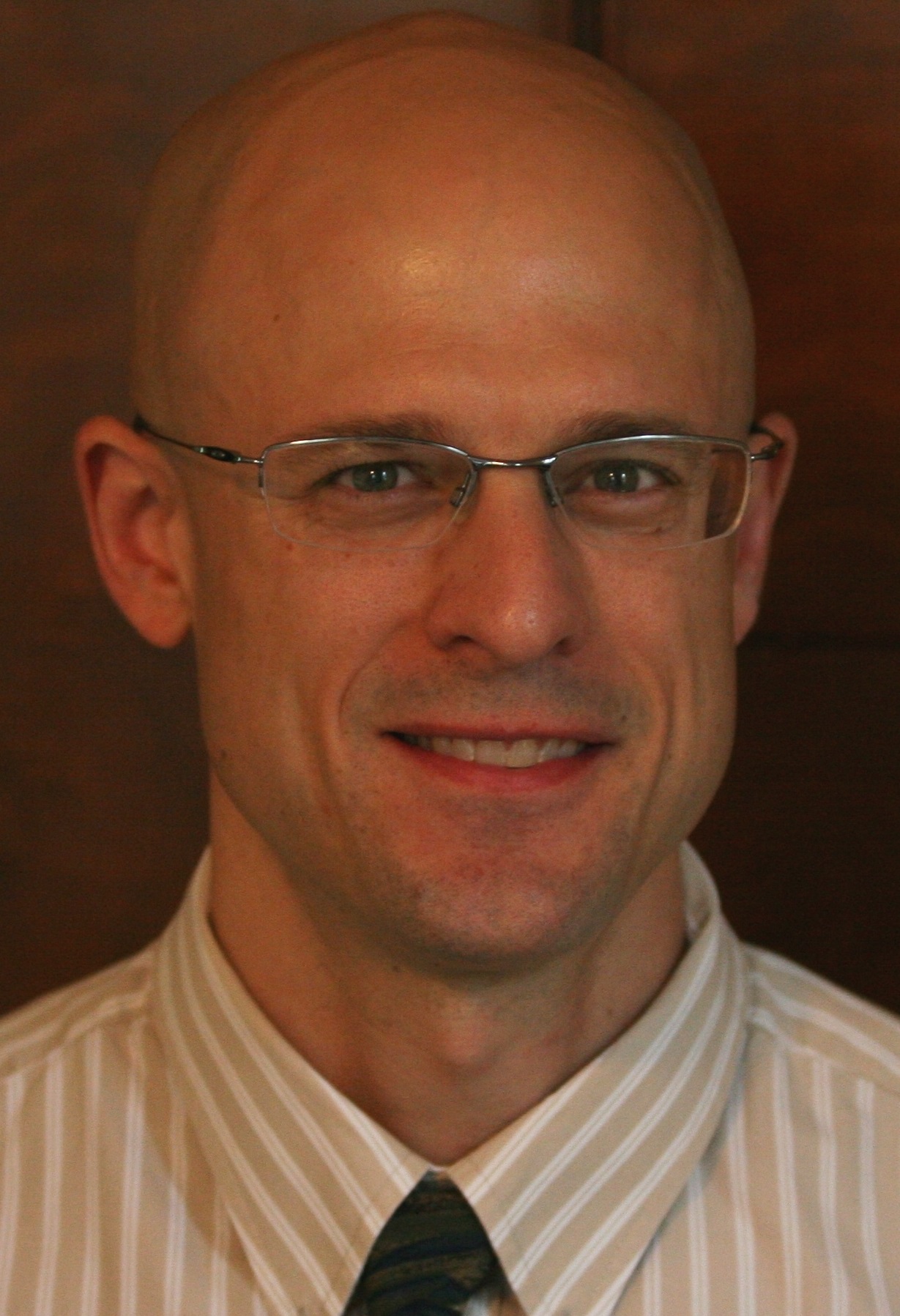
Rob Johnston, Ph.D.
Dr. Robert J. Johnston is Director of the George Perkins Marsh Institute and Professor of Economics at Clark University, as well as editor of the journal Resource and Energy Economics. He is an environmental economist whose research addresses economic valuation, benefit transfer and ecosystem services, with an emphasis on aquatic, coastal and coupled natural/human systems. He has also conducted significant work in fisheries economics and climate change adaptation. He is a current member of the Ecosystem Science and Management Working Group of the NOAA Science Advisory Board, the Steering Committee and Science Advisory Board of the Narragansett Bay Estuary Program, the Senior Advisory Board of the Connecticut Sea Grant Program, and the Fulbright U.S. Student Program National Screening Committee. He is a past member of the US EPA Science Advisory Board, and has served on multiple National Research Council Panels addressing environmental and natural resource issues. He currently serves on multiple journal editorial boards, including those for Coastal Management and the Journal of Environmental Economics and Policy.
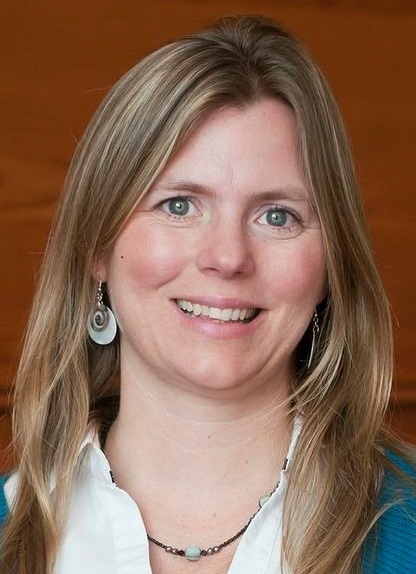
Kelly Biedenweg, Ph.D.
Dr. Kelly Biedenweg is a fifth generation Central California native who currently lives and works in the Pacific Northwest. As the first social science hire in Oregon State University's department of Fisheries and Wildlife, she teaches foundational courses in communication skills, multicultural perspectives, and environmental decisions while managing a 10-person lab for human dimensions research. She recently won an EPA early career award for Integrating Ecosystem Services and Human Wellbeing and was previously an NSF Science, Education and Engineering for Sustainability Postdoctoral Fellow and an NSF Interdisciplinary Graduate Education and Research Trainee for her PhD studies. Dr. Biedenweg has secured over $1million in research funding and published approximately 30 peer reviewed articles and dozens of white papers in her early academic career. The majority of her current research is in collaboration with the Puget Sound Partnership, The Nature Conservancy, the Malheur Wildlife Refuge, and the Quinault Indian Nation. She has a Ph.D. in human dimensions of natural resource management from University of Florida, an M.S. in conservation biology from Antioch University and a B.S. in marine ecology from Western Washington University.
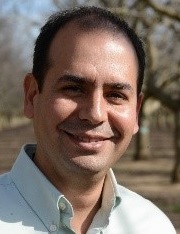
Josue Medellin-Azuara, Ph.D.
Dr. Josué Medellín-Azuara is an Associate Professor in the Department of Civil and Environmental Engineering at the University of California, Merced. He is also an Associate Director of the UC Agricultural Issues Center, and an Adjunct Research Fellow at the Public Policy Institute of California. His areas of expertise include development of large-scale hydro-economic models for water supply, economics of agricultural, environmental and urban water uses, adaptation to climate change, integrated water management, and consumptive water use. He has a special interest in the Sacramento-San Joaquin, of where he has completed a large-scale comparative study for estimating crop evapotranspiration. Josué expertise also includes economic impact studies with emphasis on agriculture-related sectors. Josué has degrees in engineering, business and economics, and he obtained his Ph.D. from the University of California, Davis with dissertation on managing environmental water flows in the Colorado River Delta.
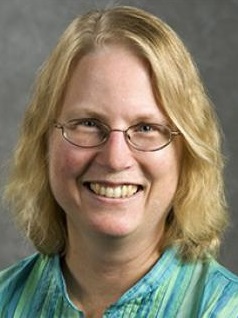
Holly Doremus, Ph.D.
Dr. Holly Doremus is the James H. House and Hiram H. Hurd Professor of Environmental Regulation at the University of California, Berkeley, Co-Director of the Law of the Sea Institute, and Co-Faculty Director of the UC Berkeley Institute for Parks, People, and Biodiversity. She is an elected Fellow of the American Association for the Advancement of Science. She holds a B.S. in biology from Trinity College (Hartford, CT), Ph.D. in plant physiology from Cornell University, and J.D. from UC Berkeley. Her scholarship focuses on biodiversity protection, the intersection between property rights and environmental regulation, and the interrelationship of environmental law and science.
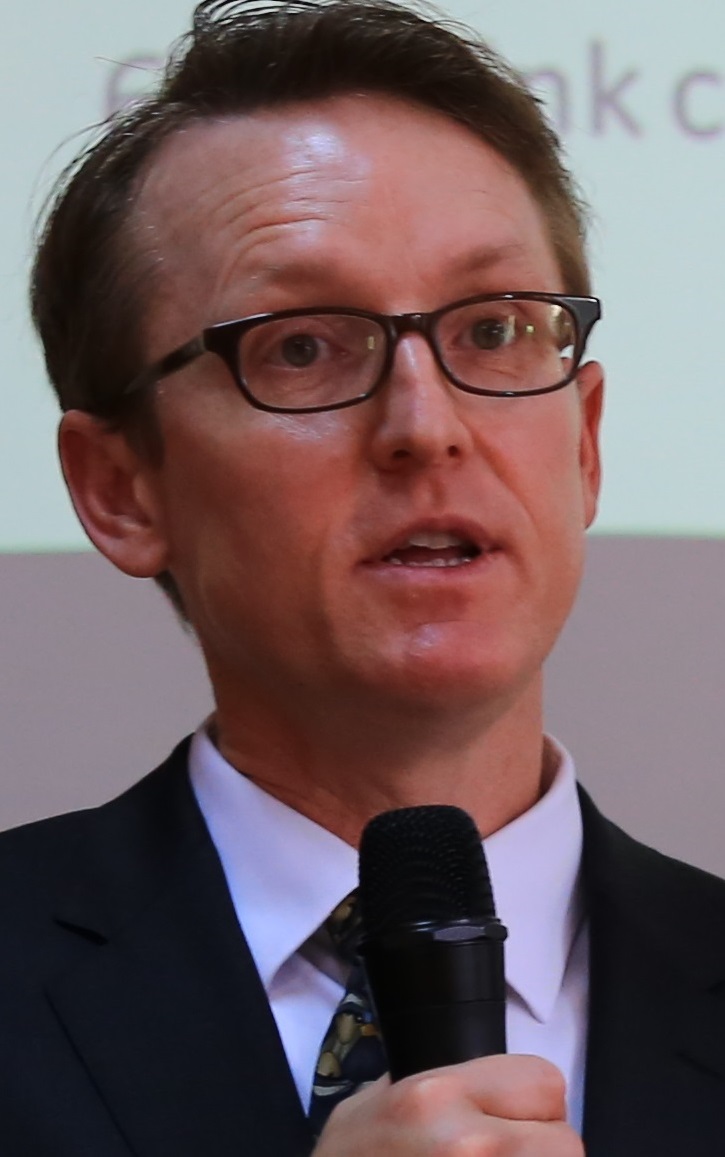
Chris Weible, Ph.D.
Dr. Chris Weible is Professor with the School of Public Affairs at the University of Colorado Denver. He received his Ph.D. in Ecology from the University of California Davis. He earned a Master in Public Administration and a Bachelor of Science in Mathematics and Statistics from the University of Washington. His research and teaching center on political conflict and concord in relation to public policy issues. He co-directs the Workshop on Policy Process Research and is currently serving as the Director for the PhD Program for the School of Public Affairs. Dr. Weible co-edited Theories of the Policy Process and Policy Debates in Hydraulic Fracturing. He teaches courses in environmental politics, policy processes, policy analysis, and research methods and design.
QUESTIONS?
To request regular updates on the Task Force or additional information regarding the effort, please contact Rachael Klopfenstein at Rachael.Klopfenstein@deltacouncil.ca.gov.

